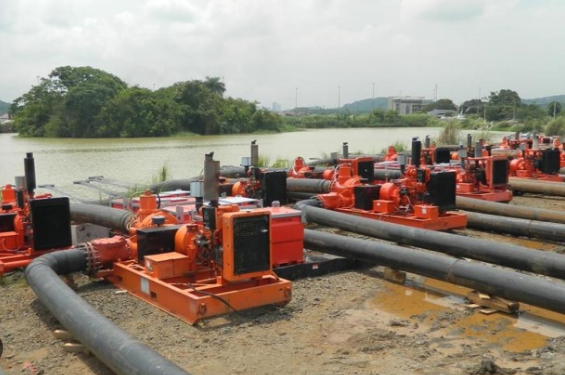The phrase “Water is the new gold” captures the escalating value of this essential resource in our contemporary world. In the 21st century, fresh water has become a critical commodity, and its worth is surging due to the confluence of rising demand and shrinking supplies. Water scarcity is not a looming threat—it’s an unfolding reality, with the World Economic Forum ranking it as one of the greatest global risks in terms of potential impact over the next decade.
Why is Water So Valuable?
Water is foundational to life, agriculture, and industry. Our burgeoning global population, now over 8 billion, demands more water for food, sanitation, and health. Concurrently, climate change is altering precipitation patterns, causing severe droughts in some areas and floods in others, disrupting the availability of consistent and clean water supplies.
Moreover, pollution from industrial and agricultural activities compounds the scarcity by contaminating vast quantities of freshwater. As a result, less than 0.5% of the earth’s water is both fresh and easily accessible to the billions requiring it.
Innovative Water Solutions for the 21st Century
To address the critical challenges of water scarcity and quality, the world is turning to innovative solutions. These are some of the key strategies:
- Desalination Technology:
Desalination, the process of removing salt from seawater, is not new. However, recent advancements have made it more energy-efficient and less expensive. Innovations like graphene filters and forward osmosis promise to revolutionise this technology, potentially unlocking vast new water sources.
- Water Reuse and Recycling:
Water recycling is the process of treating wastewater from various sources to a level where it can be reused for beneficial purposes such as agriculture, landscape irrigation, and industrial processes.
- Smart Agriculture:
Agriculture consumes about 70% of the world’s freshwater supply, making water efficiency in farming not just beneficial, but essential. Precision agriculture, which utilises technologies such as sensors, automation, and artificial intelligence, enables farmers to use water more efficiently, reducing waste and conserving the resource.
- Rainwater Harvesting:
Collecting and storing rainwater for on-site use is an ancient practice receiving modern updates. With sophisticated filtration and storage systems, harvested rainwater can serve as a significant supplementary water source, particularly in regions with regular rainfall patterns.
- Leak Detection Technology:
Leaks in water distribution systems can result in the loss of millions of gallons of water. Advanced leak detection technologies, including those that use AI and machine learning, can identify and rectify leaks much faster than traditional methods, preserving precious water supplies.
- Water Footprint Awareness:
An indirect method of water conservation is through reducing one’s “water footprint,” which is the total volume of freshwater used to produce the goods and services consumed by an individual or community. Educating consumers about the water footprint of products can lead to more conscious consumption and reduced water waste.
The Way Forward
Turning water into the “new gold” of the 21st century requires a multifaceted approach. It is essential to invest in technological innovations, develop robust policies, and foster a culture of water conservation. International cooperation is also vital, as water scarcity is a global issue that transcends national borders.
Finally, as we progress through the 21st century, our survival and prosperity hinge on our ability to manage water resources wisely. By embracing innovation and fostering sustainability, we can ensure that water remains not only the new gold but a shared resource that supports all forms of life on our planet. The urgency to act is now, and the time to invest in water solutions Australia is today, for a future where water scarcity is a challenge of the past.




